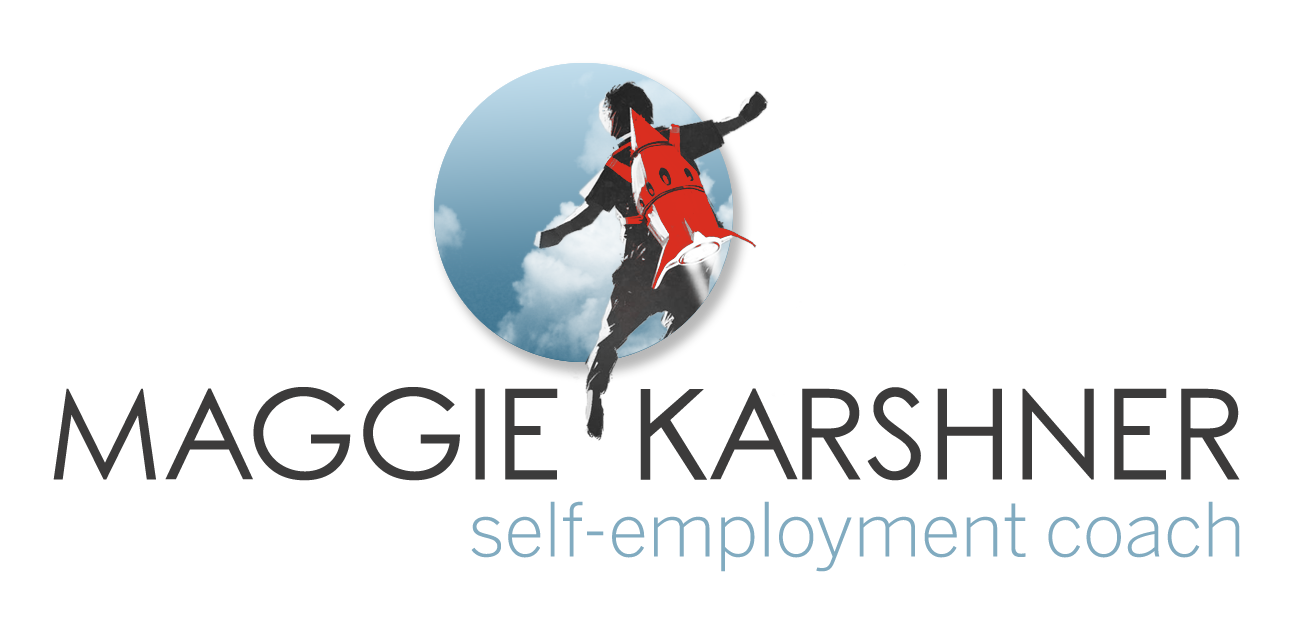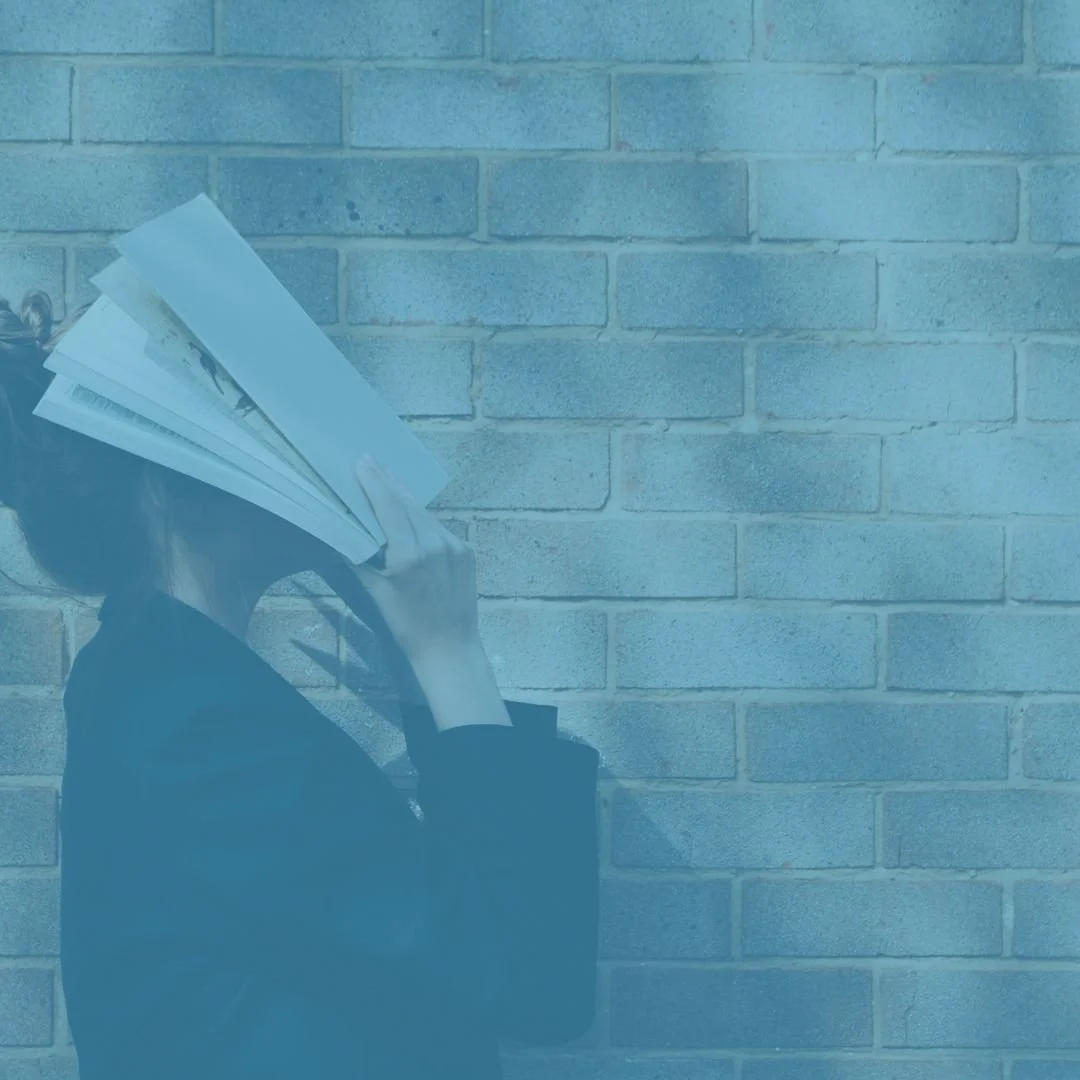How Self-Employed Entrepreneurs Can Contribute to Solving Big Problems
/Updated on 12/20/2024.
At times throughout my business, I’ve had a specific feeling of impotence. It feels as if it’s impossible to make a significant impact. I’ve noticed some clients mention things that seem to point to something similar. If you’ve ever felt like starting your own thing is cutting off your nose despite your face. OR that you could be doing more for society if only you [blank], then keep reading because I think I’ve uncovered what this feeling is and a salve for it.
You, like myself, are probably conscientious and see the importance of societies and governments. You’re not in a position of power that could directly influence things of this scale, but you’re smart enough to be aware of how these systems work. You’ve probably held jobs that do some kind of good in the world. Maybe a position at a non-profit, or a company that’s changing things for the better in some way.
Our world is large and it’s full of large problems. I’m writing this as another hurricane has slammed deep into the southeastern US. Addressing climate change is one of these huge issues that needs to be addressed at the international level. Meanwhile, I’m in my house on the other side of the country trying to help folks launch businesses. It feels helpless and utterly unrelated to anything much larger than myself.
Large organizations are able to make such significant changes. It can feel like going out on your own is insignificant. The world has become globalized and self-employment operates at the scale of the individual. How does what we do matter?
What we do does matter, and the line of thinking that brought us here is worth addressing. Feeling hopeless is kryptonite for a burgeoning business, so this has to be nipped in the bud. From my self-examination, I understand this as a confluence of two main issues: (1) a small-scale ego tantrum, and (2) the perceived disconnection from something larger. Let me unpack what I mean by this, and maybe your thinking will also be ameliorated.
Hungry Hungry Egos
It’s a big blow to the ego to think smaller. All business advice says to think big. This isn’t just grandiosity, there are economies of scale that drive “bigger is better.” As individual business owners, we can’t pool resources in the same way larger companies do. Fewer resources lead to less impact. …right? But the largeness of corporations is also part of what makes them so toxic to our society. The responsibility is divided among the leadership and everyone trusts the others are doing things “right.” Individual accountability is less vital. Our ego can easily attach to the positive impacts of our contributions to a large organization. Our egos are also safely sheltered from much personal accountability.
Self-employed businesses might not have access to as many resources, but there are plenty of benefits. The many perks to being self-employed are primarily self-serving: getting to work my preferred hours, with who I want, where I want, etc. My work world can infinitely be tailored to suit myself. This level of self-serving tends not to feed the ego because no one else is aware of it. The ego might want to be selfish, but it wants a public stage for that. Otherwise, it’s just self-indulgence disconnected from the wider world.
This dissatisfaction by your ego is actually not a problem even if it might feel that way. Your ego is the part of yourself that wants to make big changes. That wants to be powerful and effective. There are many ways to be powerful. Power-over and dominance might be the most natural method for your ego, but it’s not the ideal choice of your higher self. We can be powerful in an interdependent way and effective as one piece in a decentralized system. This is how we can have impact and “be the change” when self-employed.
Independence vs. Disconnection
Once we get the ego to play in its lane, there’s another need underneath it. We want to know that we’re connected to something larger. And hopefully, our efforts are contributing to the good of that larger thing! As solo business owners, how can we possibly impact something significant that is SO much bigger than us?!
Our culture trends towards independence. So we look for change that’s directly from our actions. This logic is sound, but it’s also shortsighted. Working in groups we can make bigger changes. It also connects our actions to specific outcomes. The connections between action and outcomes are easy to conceptualize. These aren’t the only ways we’re connected to larger things!
Interdependence is the prevailing system in the natural world. Plants and animals unconsciously cooperate to further their mutual existence. This isn’t as simple as a “food chain” it’s far more like a web. One snippet of this web would be: plants provide shade and areas of greater moisture, which are ideal for fungi. Fungi break down detritus and produce nourishing soil for the plants. The plants often contribute the precise detritus the fungi live on. Plants produce fruit that animals eat and distribute the plant’s seeds. The animal gets food from the plant. Even when animals eat the plant without distributing seeds, this serves to thin the plant so that it and its compatriots can continue to flourish in the coming years.
There are so many examples of harm in ecosystems where the interdependence is out of balance. Ungrazed on fruit trees may set too many fruit damaging the tree and risking the tree’s survival. Unpredated grazing animals can eat too many plants, risking the further survival of their own species. The lone wolf isn’t independent, nor is it dependent on rabbits. The wolf could eat other animals than just rabbits. The wolf is an interdependent part of the whole ecosystem.
Rather than a “survival of the fittest” attitude, it’s more constructive to notice the web of interdependence. In biology, this might be examined when there’s a blight of one species by asking: what other species are impacted and how? This can also apply to human societies. Our existence would suffer without both mathematicians and artists. We need a diverse thought ecosystem. We need to acknowledge the web of interdependence that runs throughout human society.
Finding Interdependence
Operating within the web of interdependence, every move we make as individuals creates ripples. Start by noticing what you are connected to. What small ways do you influence the people around you that are likely to ripple out throughout your ecosystem? Whether it's how we treat our clients, the values we embed in our work, or the way we contribute to a greater system, our efforts collectively shape the larger picture.
You, dear reader, are a part of my ecosystem. As individuals, we often carry the weight of feeling small in a world of monumental challenges. But the truth is, our individual efforts are threads in the fabric of interdependence. We strengthen the whole in ways we may not immediately see. Given the current political climate of the US, it can be difficult to feel connected to something larger than ourselves. But the feeling is not the whole of reality.
As we embark on a new year, remember to align with your values, nurture your ecosystems, and recognize the ripple effects of our contributions. This is how we become catalysts for meaningful change. So, take heart—your work matters, your presence matters, and the world is better for the unique role you play within it.
Note: this article draws heavily on the work of two people: adrienne marie brown, specifically her book Emergent Strategy and this article. Octavia Buttler and her book, Parable of the Sower.




